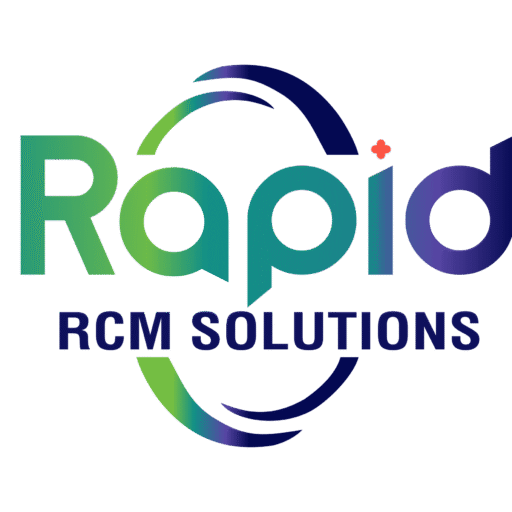If you manage or oversee a clinical lab, you already know this: audits aren’t just a possibility—they’re becoming the norm. From Medicare and Medicaid to private insurers, payers are digging deeper into laboratory billing compliance. One missing form or mismatch in documentation can now trigger more than just a denied claim. We’re talking delayed reimbursements, recoupment demands, or even allegations of billing fraud.
So how do you protect your lab?
It starts with documentation. Precise, consistent, and compliant paperwork is your first defense—and often your strongest.
Here are seven billing documents every laboratory must maintain without fail to stay aligned with current laboratory billing compliance guidelines.
1. Signed Physician Orders
Every test billed needs to be ordered by a licensed provider—and that order should be clear, signed, and dated. It should show exactly what test was requested and why.
If there’s any confusion or missing info, insurance companies might reject the claim. Even if the test was medically needed, the payment depends on having the paperwork to back it up.
2. Patient Demographics and Insurance Details
Accurate patient information might sound basic, but it’s often where the trouble starts.
You’ll need to document:
- Full name and date of birth
- Up-to-date insurance provider and policy number
- Group ID or plan info
Outdated coverage or even a small error in the patient’s data can cause a claim to bounce. That’s why eligibility checks should happen every time—not just during the initial intake.
3. Proof of Medical Need
Insurance companies need to see that each test was truly necessary. That means having documentation that links the test to a diagnosis or symptom. Often, this info comes from the referring doctor.
But if your lab is billing for it, you’re also responsible for having that proof ready if anyone asks. Without it, even the most common tests can be flagged.
4. Test Requisitions
The requisition form is your lab’s internal document that guides test processing. It must align with the physician’s original order.
Include the following:
- Patient details
- Test codes or names
- Specimen type
- Date and time of collection
If what’s on the requisition doesn’t match the doctor’s order—or includes tests that weren’t originally requested—it could be seen as upcoding or billing errors. That’s the kind of inconsistency auditors are trained to spot.
5. Specimen Logs
From the time the sample is collected to when it’s tested, there should be a clear record. Who took it? When? How was it stored or transported?
For labs handling specialty or time-sensitive tests, these logs are especially important. They prove your lab followed the right steps to protect the quality of the result.
6. Billing and Coding Notes
Your coding team should maintain internal notes or sheets that show:
- What CPT/HCPCS/ICD-10 codes were billed
- Why those specific codes were used
- If any modifiers or payer-specific instructions were followed
This helps ensure transparency. If an issue arises later, your lab can show how codes were chosen and confirm that they reflect what was ordered and performed. It also supports your lab’s adherence to correct billing practices.
7. EOBs and Payment Records
Once a claim is paid (or not), keep a record of what happened. Explanation of Benefits (EOBs), remittance advice, and other payment-related docs are important for your billing history.
If a payer ever questions why you were paid—or asks for money back—this paperwork can help clear things up quickly.
Labs That Document Well, Get Paid Faster
Good documentation isn’t just about avoiding audits. It also helps your lab get paid faster, reduces denials, and makes your team’s job easier.
Most of all, it shows that your lab is doing things right—something payers and partners look for now more than ever.
But here’s the challenge: staying on top of these details, while running a busy lab, is easier said than done.
Don’t Let Documentation Bottlenecks Drain Your Revenue
Labs have enough to focus on: turnaround times, quality control, regulatory requirements, and staffing. Staying on top of billing paperwork often gets pushed to the back burner—until a denial or audit shows up.
That’s where a reliable billing partner can make a huge difference.
Rapid RCM Solutions Can Help You Stay Audit-Ready
At Rapid RCM Solutions, we help clinical laboratories build strong billing systems from the ground up. From ensuring clean claims to managing denials and meeting payer-specific documentation rules, we make sure your lab’s billing runs smoothly and compliantly.
Whether you need help aligning with laboratory billing compliance guidelines or want to reduce payment delays, our team has the tools and expertise to back you up.
With us, you’re not just checking off billing tasks—you’re protecting your lab’s revenue and reputation.
FAQs
Are EHRs enough during audits?
Only if they fully capture doctor orders, results, and billing details. If anything’s missing or unclear, it could lead to issues. It’s smart to double-check with other records when possible.
What happens if a lab fails an audit?
It can get serious—think repayments, fines, getting dropped from Medicare or Medicaid, and even legal trouble if fraud is suspected.
Can labs challenge audit results?
Yes, labs can appeal. You’ll need to respond quickly with extra paperwork or explanations, depending on the payer’s process.





